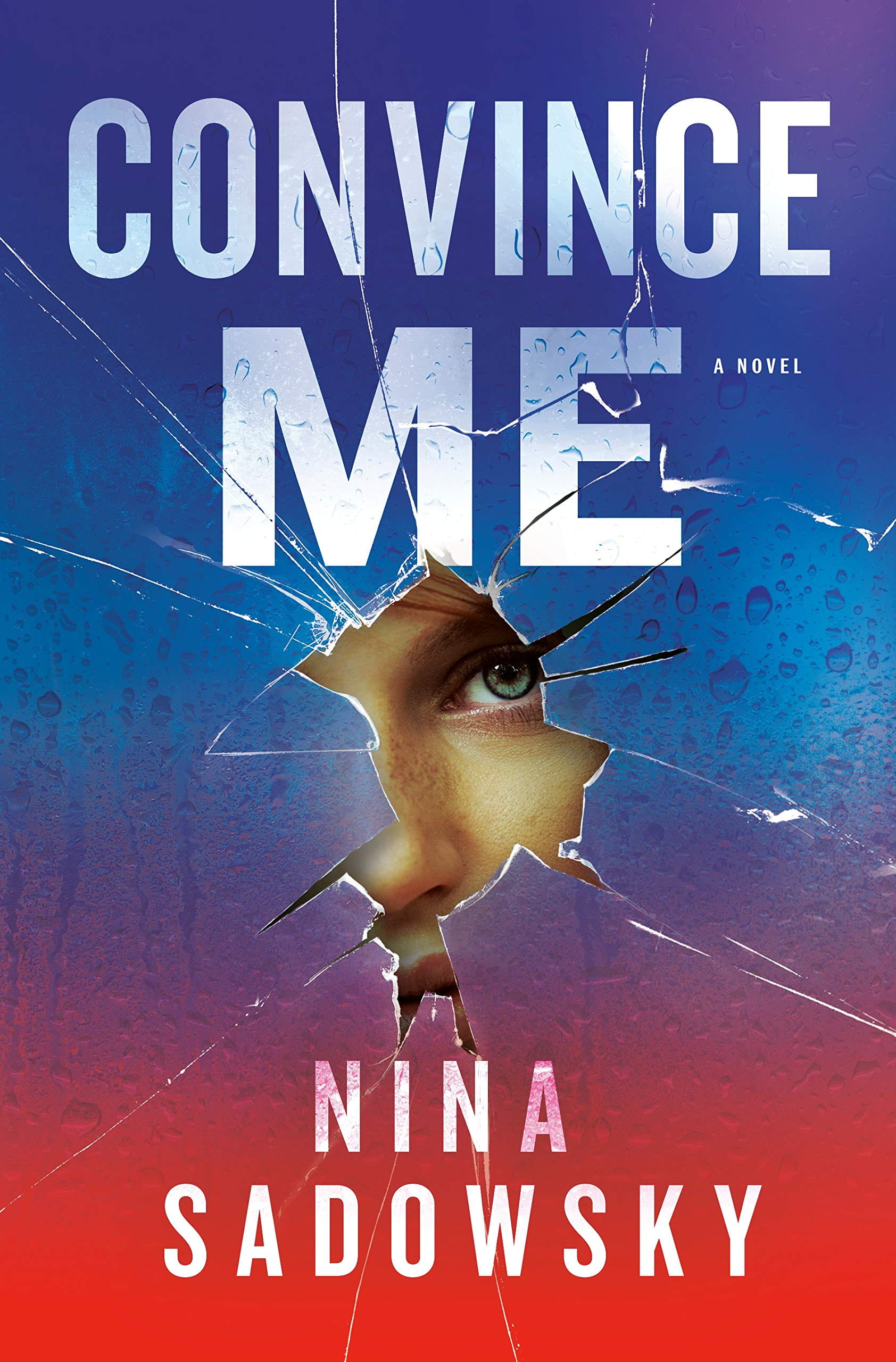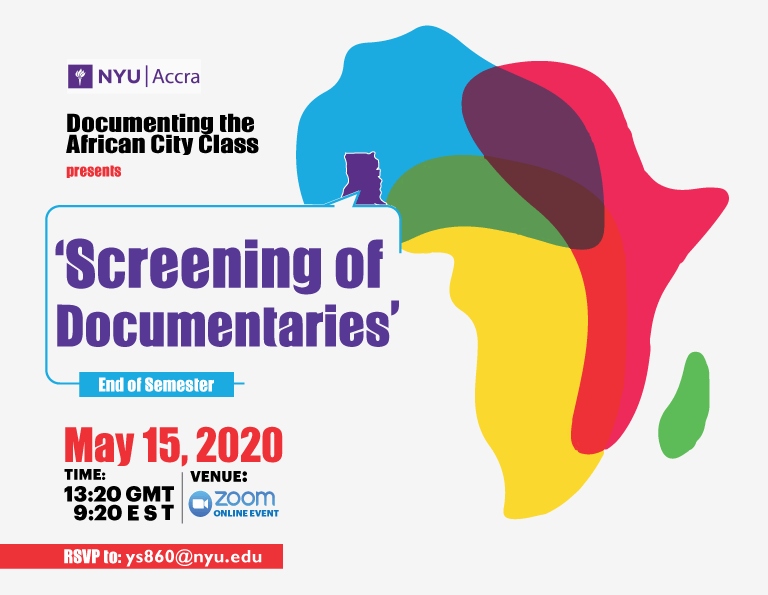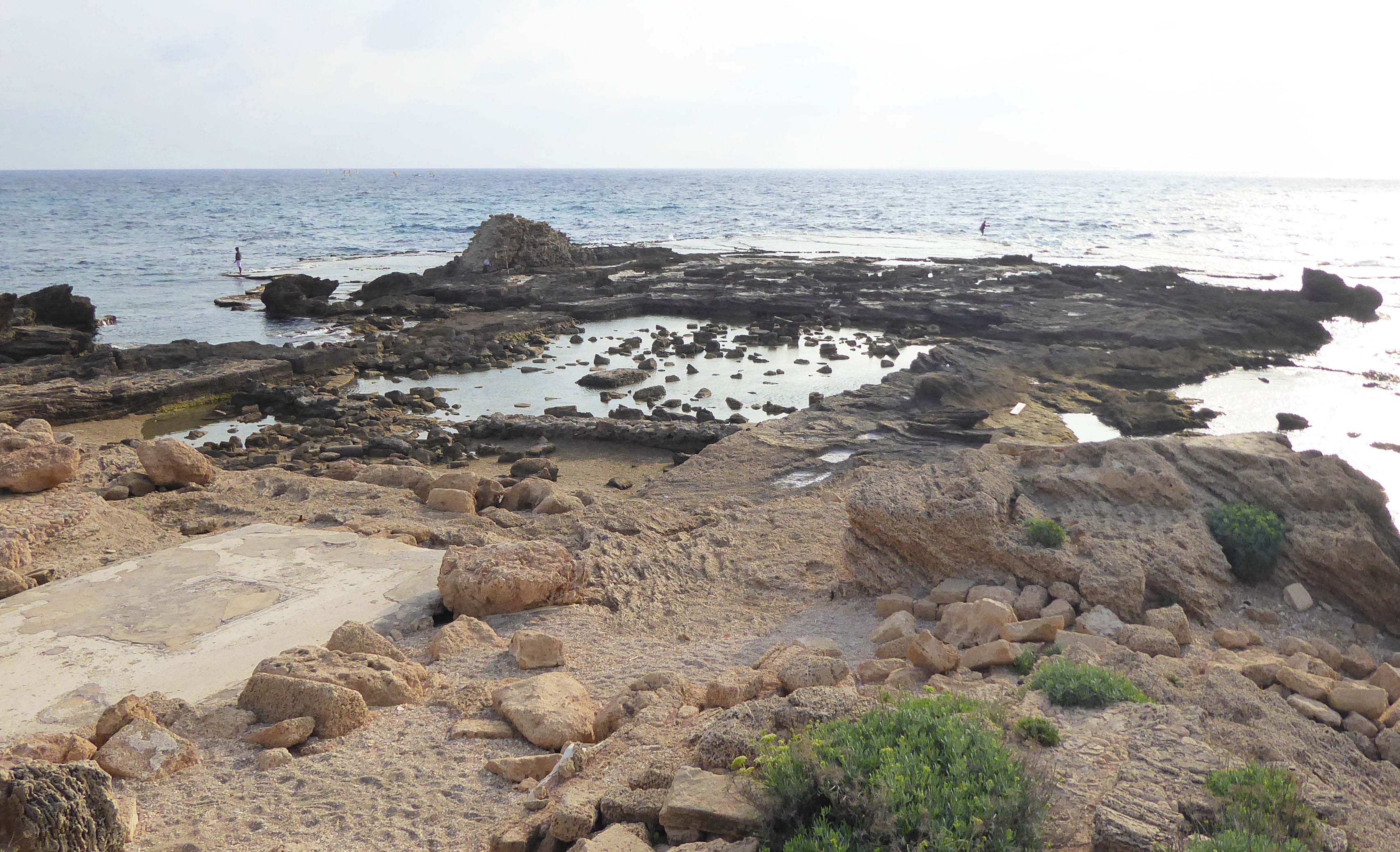“The book was fueled by my rage about a post-truth society, in which facts are no longer facts, science is under attack, and behaving with honesty and integrity seems downright quaint,” said Nina Sadowsky — author, film producer, and program director of NYU Los Angeles — about the inspiration for her latest book, Convince Me.
Examining a man’s death, Convince Me reveals the deeply-held secrets that are intrinsic to the psychosis of an unrepentant pathological liar. An author of psychological thrillers, Sadowsky noted that she uses writing to process her own “fears and furies about the world.” It was the current political context that sparked her interest in exploring “what makes a sociopath in the age of untruth?”
She explained that once she began pondering the construction of sociopathy and proliferation of untruth, “the plot for the book came into my head like an arrow, right down to the final twist! Trust me, this is unusual; my normal process involves plodding along like a mule, as I outline, revise, and revise yet again and again. But with Convince Me, I felt clear with purpose and feverish with the need to write. And I did so, in explosive bursts whenever I could scratch out even a few minutes. It felt like I pulled that arrow right out of my forehead and into my computer one inch at a time. I realized that through the writing I was exorcising my rage.”
Preparing to write Convince Me involved extensive research. Sadowsky explained that “research is always one of the best parts of writing a book, because I get to take a deep dive into new arenas.” To develop the background knowledge for particular aspects of the storyline, Sadowsky examined “Virtual Reality technologies and their implications for both gaming and medicine, as that tech is important to the plot.” Creating the main character’s psychological profile required extensive study of a range of mental illnesses. Probing the symptoms and outward expressions of psychological disturbances enabled her to flesh out the “narcissistic pathological liar whose funeral opens the book. Which is not a spoiler! As soon as I created the character of Justin Childs I knew I wanted to kill him before the story began so he would be unable to deflect or defend himself as the truth about him is exposed.”
Launching Convince Me during a pandemic required Sadowsky to adapt the way she would typically publicize a new book. “Normally a book launch includes talks at bookstores (I launched The Empty Bed at the NYU bookstore in New York last February) and speaking at libraries or conferences.” While the live events she had planned in connection with Convince Me were cancelled due to COVID-19, she worked with her publisher to quickly pivot to online platforms.
“I’m doing virtual events hosted out of New York, Rhode Island, San Diego and Indiannapolis. I’m appearing on podcasts and writing articles for appropriate publications (all of which is the norm, but all of which also takes on special significance now). When the Killer Nashville conference was cancelled I recorded a special video for Nashville’s Parnassus Books, the city’s preeminent Indie bookstore. Social media has played a big role in all book sales since it came on the scene and that is truer than ever now. Book people are fierce! They love books and they love to promote them on social channels; the blogger community is key. The release of a book is much like everything else these days; we have our assumptions about how things work upended and then we try to be flexible and adapt.”
As an educator, Sadowsky said that she hopes her work will spark discussion. “I recognize that there is often not one absolute truth in any situation as perspective is always a factor, but there is absolute value in honesty, integrity, and respect for facts.”
Find Convince Me here. And learn more by reading the Book Club Kit which includes questions that readers may ask themselves about their own relationship to lying and liars (as well as recipes, cocktails, and Sadowsky’s Top Ten Songs about Liars and Lying Spotify Playlist).


